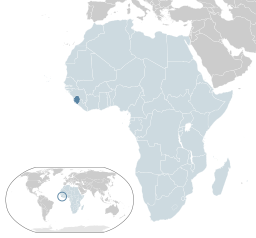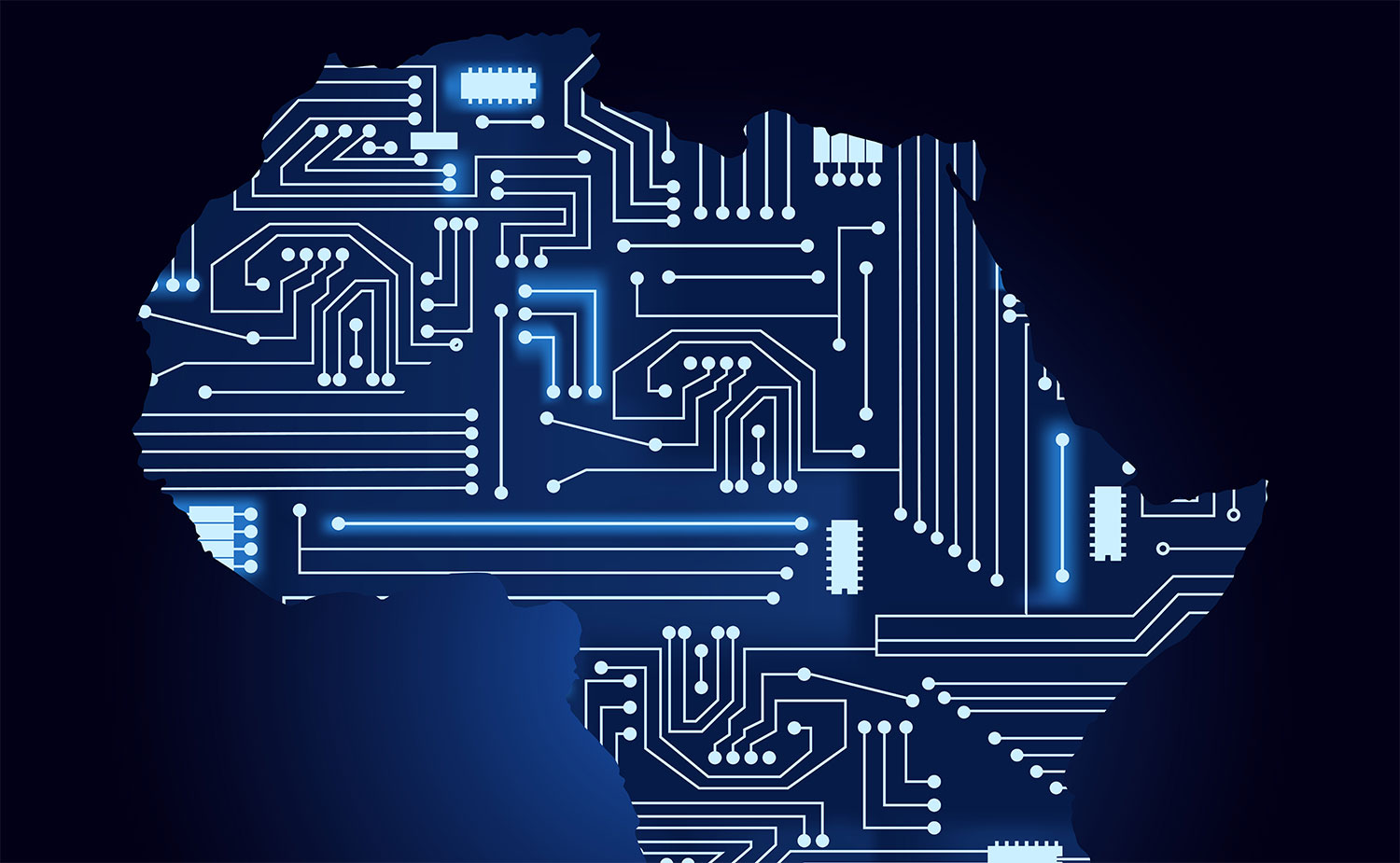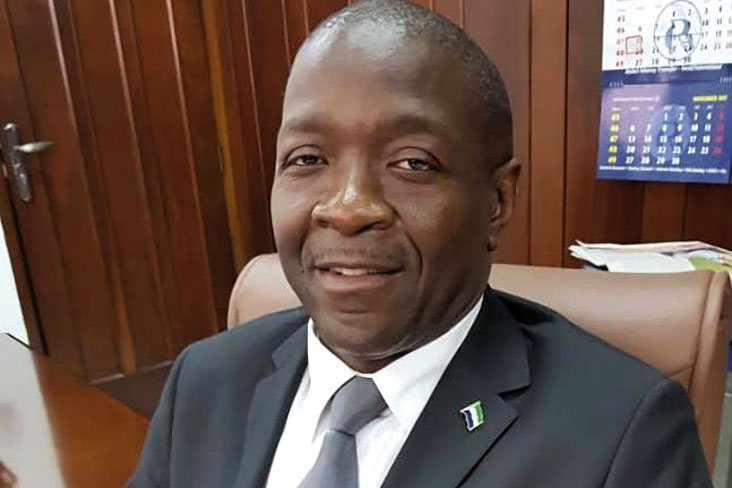[vc_row][vc_column width=”1/2″][vc_column_text]
Sierra Leone
Sierra Leone was the 153rd largest economy in the world by nominal GDP in 2018. Its GDP per capita was $523 USD. The country is blessed with large reserves of iron ore, diamonds, metals, and cocoa. It was ranked 151st in the World Bank's Human Capital Index. It is a member of the Economic Community of West African States (ECOWAS) and the African Union. Agriculture was the largest economic sector in 2017 (60.3 percent of GDP), followed by services (32.4 percent), and manufacturing (2 percent). In 2017, the largest export goods sectors were minerals (54.6 percent), agriculture (18.7 percent), and stones (15.2 percent). The largest individual export goods were iron ore and concentrates (27.4 percent), titanium ore (17 percent), diamonds (14.75 percent), aluminium ore (8.4 percent), and cocoa beans (7.9 percent). Its largest export partners were China (36.8 percent), Belgium (14.3 percent), the Netherlands (8.1 percent), and Romania (6.25 percent). The largest goods imports were rice (14.5 percent) and cars (4.96 percent). From the 15th century, Europeans began trading with locals along the coast. In the late 18th century, Britain established the settlement of Freetown. Thousands of freed slaves were settled there from Britain, Nova Scotia, and Jamaica. In 1808, Britain took over the settlement. They continued to settle it with freed slaves from around the region following the abolition of slavery. In 1896, Sierra Leone became a British protectorate and they extended their control over the interior after a failed uprising by inland chiefs. During WW2, Freetown grew rapidly as demand for labour increased. Sierra Leone gained its independence in 1961. The economy grew by an average of four percent in the first decade after independence. Growth was driven by the mining industries and agriculture. In the 1980s, the country experienced three bad recessions caused by external shocks and poor fiscal and macroeconomic policies. In 1991, the country descended into civil war, which devastated the economy. Over 70,000 people died and 2.6 million people became refugees. Infrastructure, factories, and the tourism industry were destroyed. Since the end of the civil war in 2002, the economy has recovered strongly led by iron ore exports and the global mining boom. The 2014 fall in commodity prices and outbreaks of Ebola in 2014 and 2015, resulted in a steep recession in 2015 (-20.5 percent). The economy has since recovered with strong recent growth in agriculture, construction, and iron ore exports.
[/vc_column_text][vc_column_text] Its population in 2018 was 7,719,729 [1]
Its population in 2018 was 7,719,729 [1]
 In 2015, 77.66% of its total energy
In 2015, 77.66% of its total energy
consumption was renewable [2]
 In 2021, its GDP grew by 3.05% [2]
In 2021, its GDP grew by 3.05% [2]
 In 2021 it had a negative Current
In 2021 it had a negative Current
Account Balance of US$bn 0.55 [3]
What free trade areas or economic unions is it a member of?
Member of the African Continental Free Trade Area (AfCFTA) since 29/04/2019
Other members:
Benin, Burkina Faso, Cameroon, Chad, Congo, Côte d'Ivoire, Djibouti, Egypt, Equatorial Guinea, Eswatini, Ethiopia, Gabon, Gambia, Ghana, Guinea, Kenya, Mali, Mauritania, Namibia, Niger, Nigeria, Rwanda, Sao Tome and Principe, Senegal, South Africa, Togo, Uganda, Western Sahara, Zimbabwe
What trade deals are there between African Continental Free Trade Area and other countries and economic unions?
None
Member of the Economic Community of West African States (ECOWAS) since 28/05/1975
Other members:
Benin, Burkina Faso, Cabo Verde, Côte d'Ivoire, Gambia, Ghana, Guinea, Guinea-Bissau, Liberia, Mali, Niger, Nigeria, Senegal, Togo
What trade deals are there between Economic Community of West African States and other countries and economic unions?
None
[/vc_column_text][vc_column_text]What trade deals are there with other countries and economic unions?
None
[/vc_column_text][/vc_column][vc_column width=”1/2″][vc_column_text]Lord Waverley and Paul Baker: The Promise, Potential and Pitfalls of Britain’s Relationship with Africa
Rokel Commercial Bank: This ‘Gateway’ Bank Named After a River Knows How to Flow and Grow
United Nations Office for Project Services (UNOPS): Infrastructure to Empower Women
NEPAD: Boosting Africa’s Most Valuable Renewable Natural Assets – Fish
Trade with the United Kingdom
Source: UK Office for National Statistics, October 2022.
Contains public sector information licensed under the Open Government Licence v3.0.
Loading, Please Wait!
This may take a second or two.


















































































